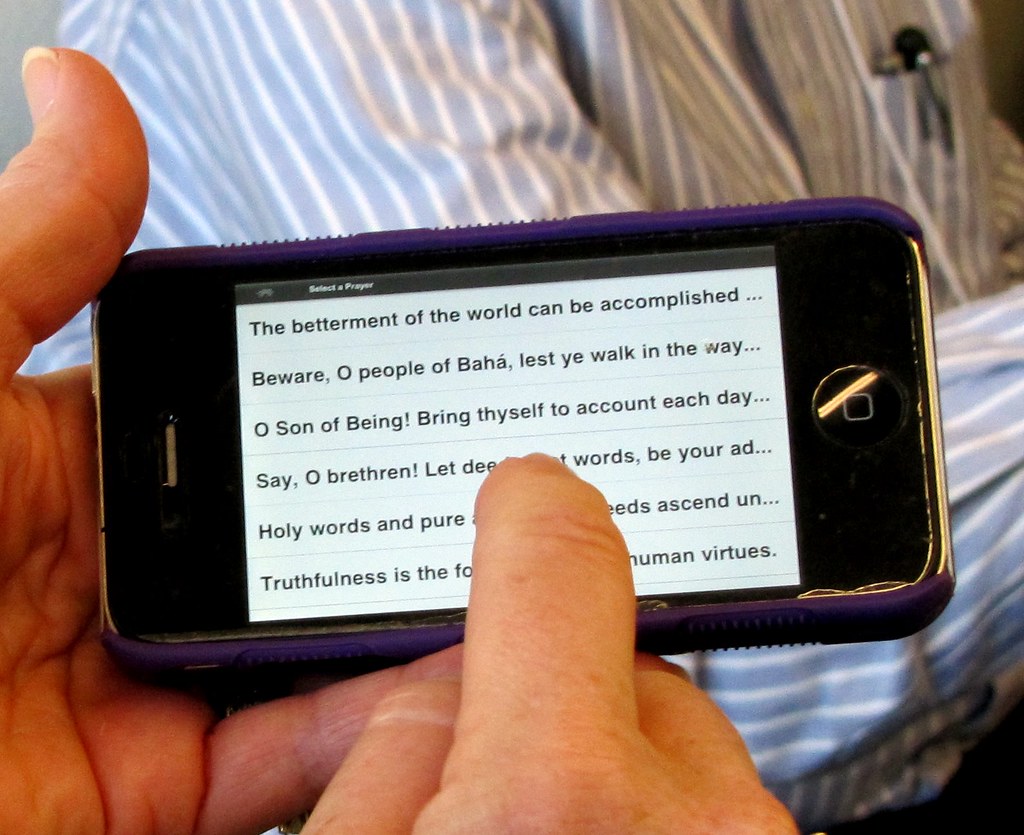The ride to the Mukilteo conference and back was noteworthy for the sight-seeing and the relaxation it afforded. There is something about a ferry ride that makes any journey special. Before embarking we stopped at at creperie, and on our way back we were treated to a beautiful sunset, great for mental health. -gw
The experience of providing INFANT and EARLY CHILDHOOD MENTAL HEALTH consultation, from the perspective of providers on the Kitsap and Olympic peninsulas of Washington State
Wednesday, October 31, 2012
Tuesday, October 30, 2012
On the Emergence of Screen Time As an Issue of Concern: What is best for baby's brains
Valuable screen time for junior youth


+

When I was a little kid the only screens I knew of were those over a window. Screen time was looking through one.
+
+
Then we got TV, although we were the last on the block. TVs have screens. I've spent a lot of time in front of a TV screen.
+
+

Then I started watching football and I began to hear of screen plays. At one point I was watching WAY too much football and, by percentage, way too many screen plays.
+
+
+
Then computers came along. Computers have screens. I'm looking at a screen right now. I would be scared to know how much time I spend looking at PC screens at work and at home. No wonder my eyes are going.
+
+
Then cell phones were invented with screens that started small but have gotten bigger. I got the small kind of screen still, I'm not smart enough or willing to pay for getting a phone with a bigger screen.
+
+
So today we live in a world filled with screens. If we are raising children, we are asked to monitor screen time, especially with young children. Watch TV with your children and interpret along the way -- provide "scaffolding" for them to understand what it is they are watching. That is best for brains, because their experience with the screen is in the context of their relationship with you. as this brief snippet from the recent symposium in Mukileteo on infant mental health suggests -gw
+
+
Monday, October 22, 2012
On Being on High Alert: The reality of the dangers of vicarious trauma for clinicians
+
Vicarious trauma, or compassion fatigue, was a subject that came up at our last consultation group meeting Friday. A backdrop of Halloween decorations hardly enlightened the serious tone. I must say, our participants are very compassionate people. There is a impact that hearing the stories of others can have on clinicians. -gw
+
+
+
+
Wednesday, October 3, 2012
On Some Answered Questions About Childhood Anxiety: When the world is scary
Children have always endured hardship and stress. Do you believe childhood stress and anxiety is on the rise, and if so, why now?
What is the likely effect on a child when adults dismiss fears by saying, “That’s silly” or “Be a big boy”?Can you describe one or two important coping skills you recommend for fearful or anxious children?\
It seems when parents rely on their instincts, often the problem gets worse. In what ways might common sense fail to help anxious or fearful children, and why?You write about age-appropriate fears—can you give a few examples parents need not be overly concerned about?
What are the implications of the interaction of genes and experience in helping children suffering from anxiety and phobias?What are your feelings about medicating anxious children?Is it a good idea to shield children from sad or frightening events in the news?
When it comes to fears and anxieties, how much influence do children, siblings or playmates, have on one another?
Your book has some fascinating examples of children who develop rituals to cope with stressful situations. When should parents be concerned?Can you explain how child-directed interaction works to help reduce anxiety?
In an online interview, a Boston University professor answers these questions about childhood anxiety, subject of her recently published book. -gw
On a Field Trip to Mukilteo: Infant mental health symposium with Barnard, Hill, Solchany & others
There is still time to sign up for this Infant Mental Health Symposium in Mukilteo. Several of us from the Peninsulas are going. -gw
+
+
Please join us to help celebrate Nurse Family Partnerships One Year Partnership with Little Red School House! Snohomish County Sheriff, John Lovick will welcome guests to this all day celebration and Infant Mental Health Symposium. There will be several presenters on hand, including key note speaker, Kathryn Barnard, Ph.D, FAAN, Professor Emerita, Family and Child Nursing. Below is a list of our guest speakers. If you have any questions please contact Gina Veloni @ gina.veloni@littlered.org or (425) 775-6070.
Relationships and the Brain - Sheri Hill, PhDRecent neuroscience has highlighted the critical importance of relationships to early brain development. Join Dr. Hill for a brief look at the following questions: What does the brain science tell us about the importance of focusing on infants and toddlers? How do relationships shape the baby’s brain? Why do relationships between adults matter to the baby brain? What are the possible consequences of ignoring early relationships?
+Learning, Language & Love: Connecting the Keys to a Strong Start in Life - Gina Lebedeva, Ph.D, CF-SLPAll learning happens in the context of relationships. From infancy through early childhood, from babbling to storytelling, children’s intellectual accomplishments are inspiring: they acquire language, learn to “read” social situations and solve cognitive problems. How children accomplish this is central to characterizing the interactive roles of nature and nurture in human development, and has practical implications in preparing children for school and for life. This presentation will focus on key features of early input and interactions that happen in everyday situations, highlighting how ‘high quality’ stimulation is the brain food that shapes our capacity to learn not only language, but also how to love.
+Understanding the Impact of Parental Mental Illness on the Infant and the Parent Child Relationship - JoAnne Solchany, Ph.D.What is the impact a parent's mental illness can have on an infant and the relationship that parent establishes with the child? Axis I diagnoses, including depression, anxiety disorders, schizophrenia and other psychotic related disorders as well as trauma related disorders, will be explored. In addition we will explore the personality disorders from Axis II. Patterns of risk, behaviors, interactions, and outcomes for the various disorders will be explored.
+Maternal Mental Health During Pregnancy - Shawn Elmore, Ph.D.This presentation examines current information on the effect of the mother's mental health during pregnancy and the implications of this impact for the lifelong, mental health of the infant. Critical mechanisms discussed include neuroendocrine and epigenetic perspectives.
+Sensory Affective Inter-Action – Rosemary White, OTR/L, Director of Pediatric Physical and Occupational Therapy ServicesThis presentation will explore how relationships that are sensitive to the unique Neurobiological profile of the infant, toddler and child supports their sensory processing and perception in concert with their physiological and emotional regulation.
On From Classrooms to Home: A webinar on extension of the use of the Pyramid Model
Special Event Announcement!
+
Webinar on Using Family Coaching to Bring the Pyramid Model into Homes
+Erin E. Barton, Regina Woodcock
October 11, 1-2:30 ET (12-1:30 CT, 11-12:30 MT, 10-11:30 PT)
+
Please join us for an overview of the major components, tools, and practices for implementing the Pyramid Model with families with infants and toddlers in homes. The presenters will use a question and answer format to describe how West Virginia implemented the Pyramid Model across multiple home visiting programs, including within the Part C system. There will be opportunities for audience members to submit questions to the presenters. There are limited seats available to participate in the live webinar, so be sure to register early! If you can’t attend, don't worry. We will record and post the webinar for continual access to the recording and accompanying resources. + To register for this free webinar, please visit the TACSEI website.
+
+
Webinar on Using Family Coaching to Bring the Pyramid Model into Homes
+Erin E. Barton, Regina Woodcock
October 11, 1-2:30 ET (12-1:30 CT, 11-12:30 MT, 10-11:30 PT)
+
Please join us for an overview of the major components, tools, and practices for implementing the Pyramid Model with families with infants and toddlers in homes. The presenters will use a question and answer format to describe how West Virginia implemented the Pyramid Model across multiple home visiting programs, including within the Part C system. There will be opportunities for audience members to submit questions to the presenters. There are limited seats available to participate in the live webinar, so be sure to register early! If you can’t attend, don't worry. We will record and post the webinar for continual access to the recording and accompanying resources. + To register for this free webinar, please visit the TACSEI website.
+
I keep up with the news from the Technical Assistance Center on Social Emotional Intervention for Young Children (TACSEI) by getting their email updates. This item came in today. -gw
Subscribe to:
Posts (Atom)








